Traditional stereotypes of France are being turned on their heads: France is not the biggest producer of cheese in the world (that’s the US) nor does it boast the greatest number of varieties of cheese (that’s the UK). In fact, the latest ‘French Paradox’ has nothing to do with food or wine at all but economics where it has been used to describe the fact that, since the financial crisis, France has performed best where it was least expected to do so.
In a recent study comparing 28 international competitive rankings, France did best when it came to its dynamic companies, a strong capacity for innovation, and an impressive quality of research facilities – rather than just the good quality of life which is normally the reason it finishes high in league tables. The study noted that France finished second on the Forbes 2015 list of the top 100 most innovative companies, boasting eight companies overall – only beaten by the US.
In addition, in the 2014 Financial Times guide to the best MBA options in Europe, France performed second best overall, offering 19 top universities. It was only beaten by the UK, which had 20, and finished streets ahead of Germany in third place with six. Elsewhere, France finished fourth (out of 140 countries) when the World Economic Forum ranked the quality of its roads and internet connection. (With thanks to thelocal.fr for these figures.)
We’re told that France has been the sick man of Europe for as long as we can remember and many people have been predicting the downfall of the country at one stage or another in recent years but right now there is a different message coming out of the France. Last week, John Chambers, the boss of American tech giant Cisco Systems, took everyone by surprise when he said that France was the next “Silicon Valley”. He didn’t stop there. “France is the future; Germany and the United Kingdom, all these countries are following in France’s footsteps.” Here’s his interview (in French) https://bfmbusiness.bfmtv.com/entreprise/la-declaration-d-amour-du-president-de-cisco-a-la-france-920784.html?utm_campaign=Echobox&utm_medium=Social&utm_source=Twitter#link_time=1444300977
Chambers was talking about the digital revolution but he clearly believes that there are huge opportunities in France and he announced that Cisco was to double its planned €100 million investment in start-ups in France next year to €200million.
It is exactly France’s dynamic business start-up scene which has been one of the main reasons for France’s recent economic improvement since the recession. Admittedly most of these are based in and around Paris but it is home to 12,000 start-ups, which makes it top of Europe’s capital cities. Sentier, an area of the second arrondissement where many of the start ups are located has been nicknamed “Silicon Sentier”.
In addition, the French car-share service, BlaBlaCar has just become the first French start-up to be valued at over $1billion. The service is effectively a phone application that allows motorists and passengers to meet and share a car journey, saving both the driver and the passenger money. Founder Frédéric Mazzella pointed out that: “The French government is doing everything they can to help entrepreneurship. They are changing laws and the environment as fast as is humanly possible. They are doing super work. We want to make people understand that things are changing in France. We want people to talk positively abroad about France, there’s a change in spirit here.”
Mazzella is not the only member of the new wave of French business leaders preaching this line. “Clearly, something is happening in France,” Jérôme Lecat, head of Franco-American start up Scality told Europe1 radio. “We feel there is a new curiosity. Investors are coming to France at least, to see what is happening. One of them said to me recently, your teams are working like in Silicon Valley.”
Lecat and Mazella say that all talk of companies in France being held back by the inflexible labour market and strict employment laws are exaggerated and no longer accurate. Both say the 2008 reform that allowed “rupture conventional” or amicable partings between staff and companies was a major step forward, as was a 2013 law that allowed companies suffering from economic difficulties to temporarily reduce working hours and salaries. “I no longer have any problem with the French labour laws,” said Lecat.
Of course, France still has a long way to go to persuade business that this is a great country in which to invest. Unemployment is still at a record high as is public debt and France’s ever changing tax laws and red tape still put off foreign investors but, for once at least, the message is positive and a future France could be applauded not only for a better quality of life but also for a better quality of business.
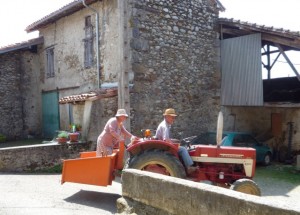
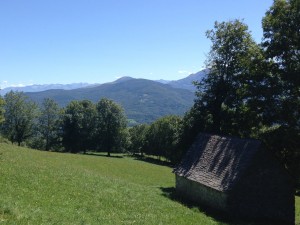
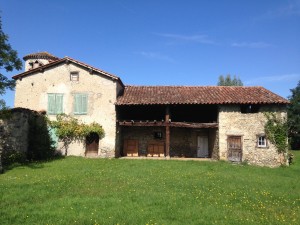
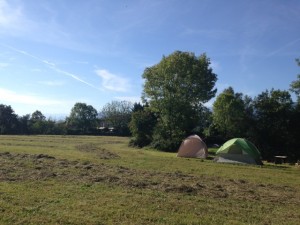
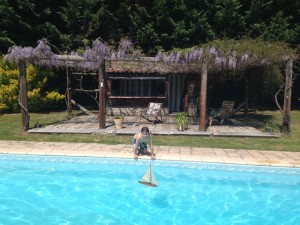
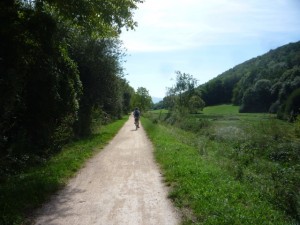



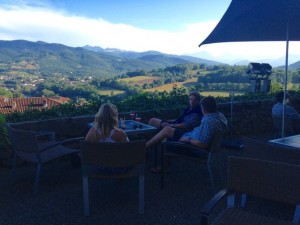
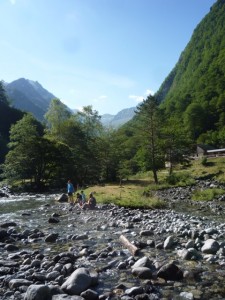
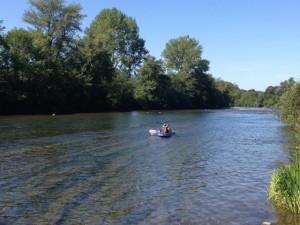
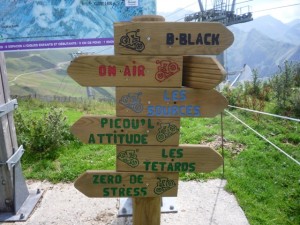
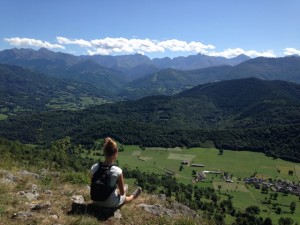

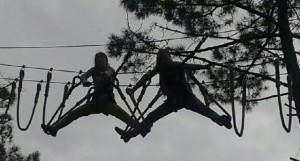





You must be logged in to post a comment.